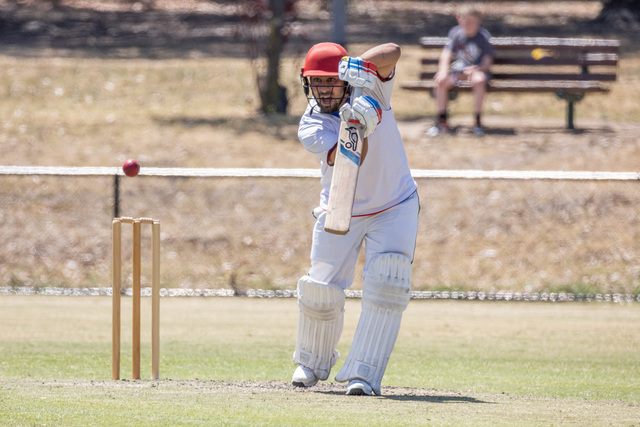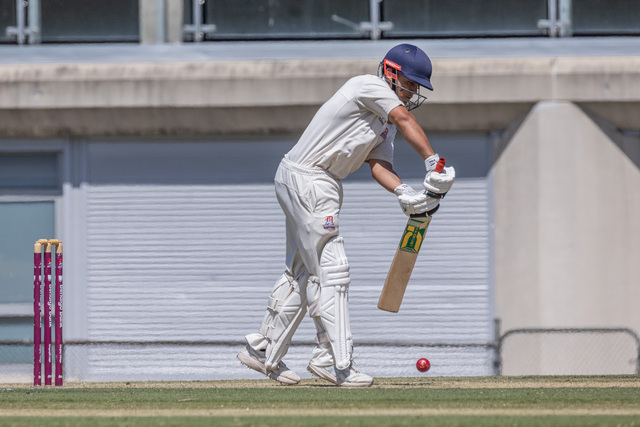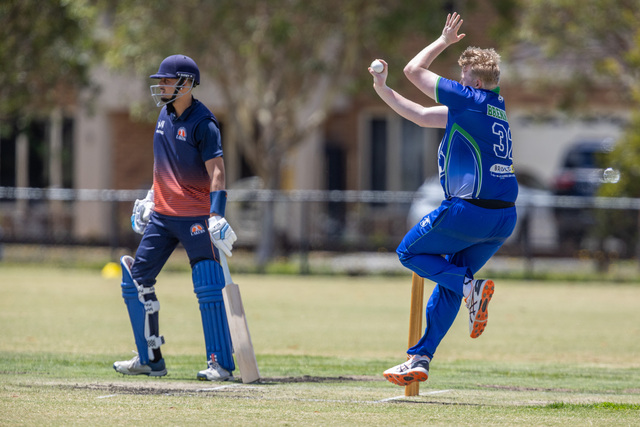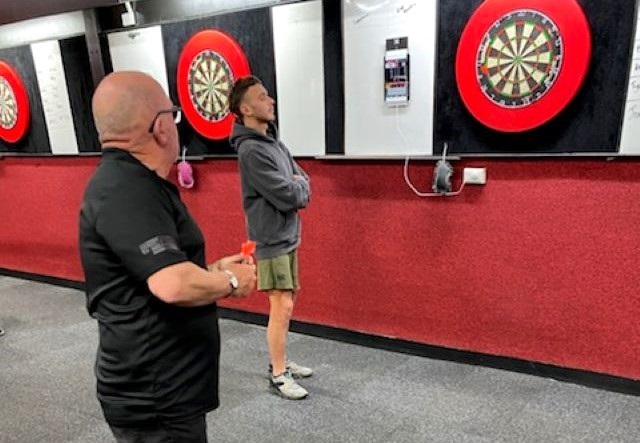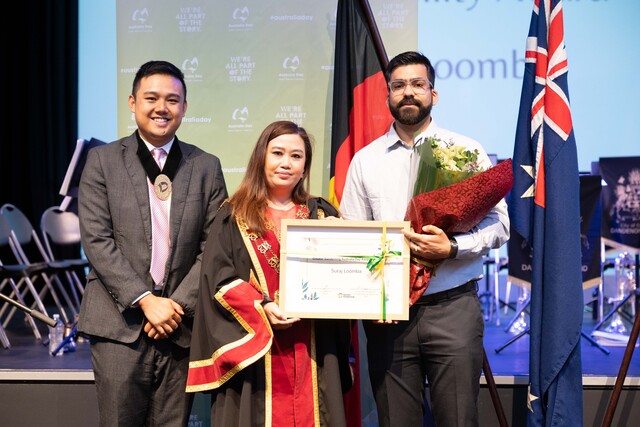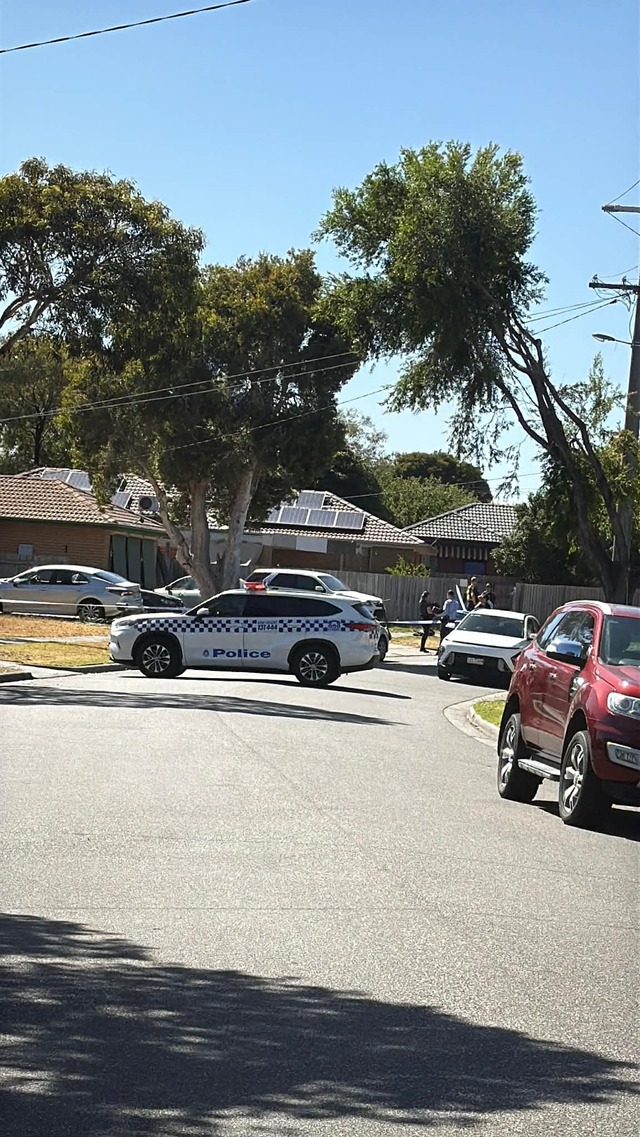Former state Labor ministers Adem Somyurek and Marlene Kairouz will not be recommended for criminal charges over roles in “extensive misconduct” including branch-stacking in the state ALP.
On 20 July, a joint Victorian Ombudsman and Independent Broad-based Anti-Corruption Commission (IBAC) inquiry made “adverse findings” against the MPs for using electorate and ministerial staff for factional work during work hours.
The Operation Watts report found a “catalogue of unethical and inappropriate behaviour” in the pair’s Moderate Labor faction – but the evidence of branch-stacking was not limited to one faction in state Labor.
The behaviour included bullying, rampant nepotism, forging signatures and interfering in government grants to favour factionally-aligned community groups.
Under existing parliamentary standards, the factional activities on the public purse could be pursued with “impunity”.
“While we saw evidence of disturbing practices engaged in by staff, most of whom knew what they were doing was wrong, primary responsibility rests with the MPs for whom they worked and their factional leaders,” IBAC Commissioner Robert Redlich said.
Premier Daniel Andrews – who is in the Socialist Left, not Moderate Labor faction – gave evidence to the inquiry, but no adverse findings were made against him.
The report found that other MPs employed Moderate Labor factional operatives, but there was no evidence that the operatives were “extensively engaged in factional business during working hours”.
Moderate Labor’s once-leader Mr Somyurek and his ally Ms Kairouz were found to have breached both MP and Ministerial codes of conduct, but were not recommended for being charged with misconduct in public office.
“While the conduct was considered to be egregious, the difficulties in proof mean prosecution is not recommended,” the report stated.
The report recommended creating new criminal offences for MPs and Ministers that allow or direct employed officers to undertake party-specific activities during work time.
It also recommended the creation of a Parliamentary Ethics Committee and a Parliamentary Integrity Commissioner, as well as reforms to electorate officers’ employment arrangements and to the process for government grants to community groups.
There was a “compelling and urgent” need for reforming Parliamentary standards to combat “grey corruption”.
That is, holding MPs to account for actions “that fall short of the criminal threshold but nevertheless breach the ethical standards that the community expects them to uphold”.
It follows an Ombudsman 2018 inquiry into the ‘red shirts rort’ – in which $388,000 of public funds were misused for ALP campaign staff at the 2014 state election.
“The response (from Parliament) was tepid and this report shows how little has changed.
“Despite the 2019 amendments after the Red Shirts report, Victoria is now a laggard rather than a leader in parliamentary integrity.”






